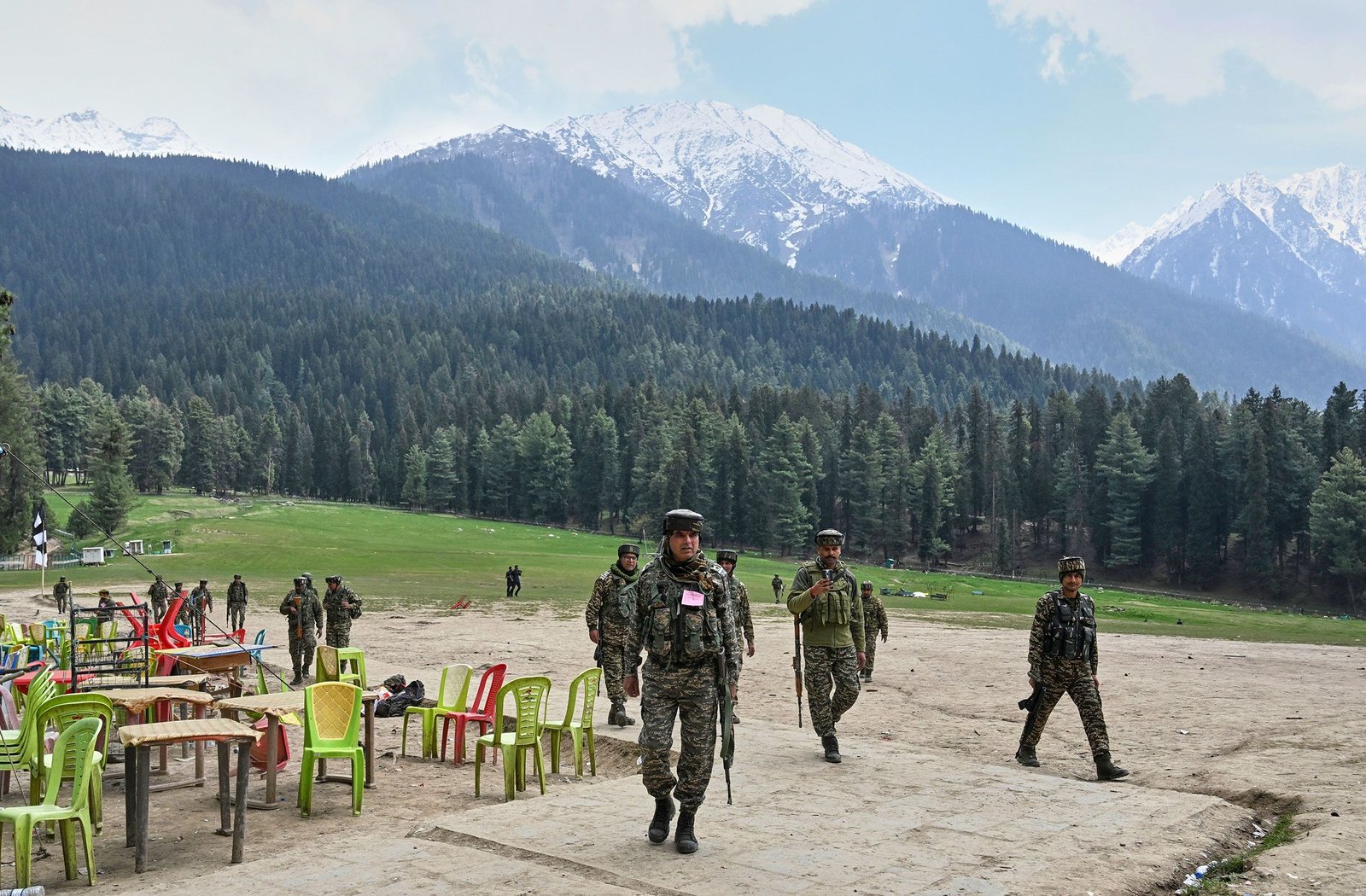In the wake of the recent Pahalgam terror attack in Jammu and Kashmir, tensions between India and Pakistan have once again escalated, leading to a temporary suspension of bilateral trade, including critical pharmaceutical imports. Reacting swiftly to the disruption, Pakistan has launched emergency measures to secure essential medicine supplies, fearing shortages in public hospitals and pharmacies.
Trade Ties Severed Amid Rising Hostilities
The terror attack, which occurred near the popular tourist destination of Pahalgam, claimed the lives of several Indian security personnel and civilians. The Indian government has accused Pakistan-based militant groups of orchestrating the assault, prompting a series of diplomatic retaliations, including the suspension of cross-border trade routes.
India is one of the largest exporters of affordable, high-quality generic medicines to Pakistan. In recent years, nearly 30% of Pakistan’s pharmaceutical imports have originated from India. Making this trade channel crucial for maintaining healthcare stability in the country.
With the flow of medicines halted, Pakistan’s Ministry of Health and Drug Regulatory Authority held an emergency meeting on Monday to address. The growing concern over dwindling supplies of life-saving drugs, especially insulin, antibiotics, and cardiovascular medications.
Pahalgam Terror Attack Fallout: Pakistan In Medical Crisis
Officials confirmed that emergency procurement plans are now underway to source alternative suppliers from China, Turkey, and the UAE. A fast-track import policy has introduce to allow pharmaceutical companies to bring in critical medications without the usual customs delays.
“Public health cannot compromised due to geopolitical tensions,” said a spokesperson for the Pakistani Health Ministry. “We committed to ensuring that citizens uninterrupted access to essential medicines despite the current trade disruption with India.”
The ministry has also directed hospitals and pharmacies to begin stock auditing and report shortages immediately to create a real-time crisis response dashboard. Emergency procurement contracts expected to be finalized within the next few days.
Pahalgam Terror Attack Fallout: Experts Warn of Long-Term Consequences
Healthcare experts in both India and Pakistan have warned that suspending pharmaceutical trade in response to political or security crises could endanger millions of lives, especially in developing nations that rely on imports for critical care.
“Medicines should not become a tool in geopolitical conflicts,” said Dr. Aamir Saeed, a Lahore-based public health expert. “Access to affordable drugs is a human right, and both governments need to prioritize humanitarian needs over politics.”
Humanitarian organizations, including the WHO and Médecins Sans Frontières, have urged both sides to consider a humanitarian trade corridor for medicines and medical equipment.







